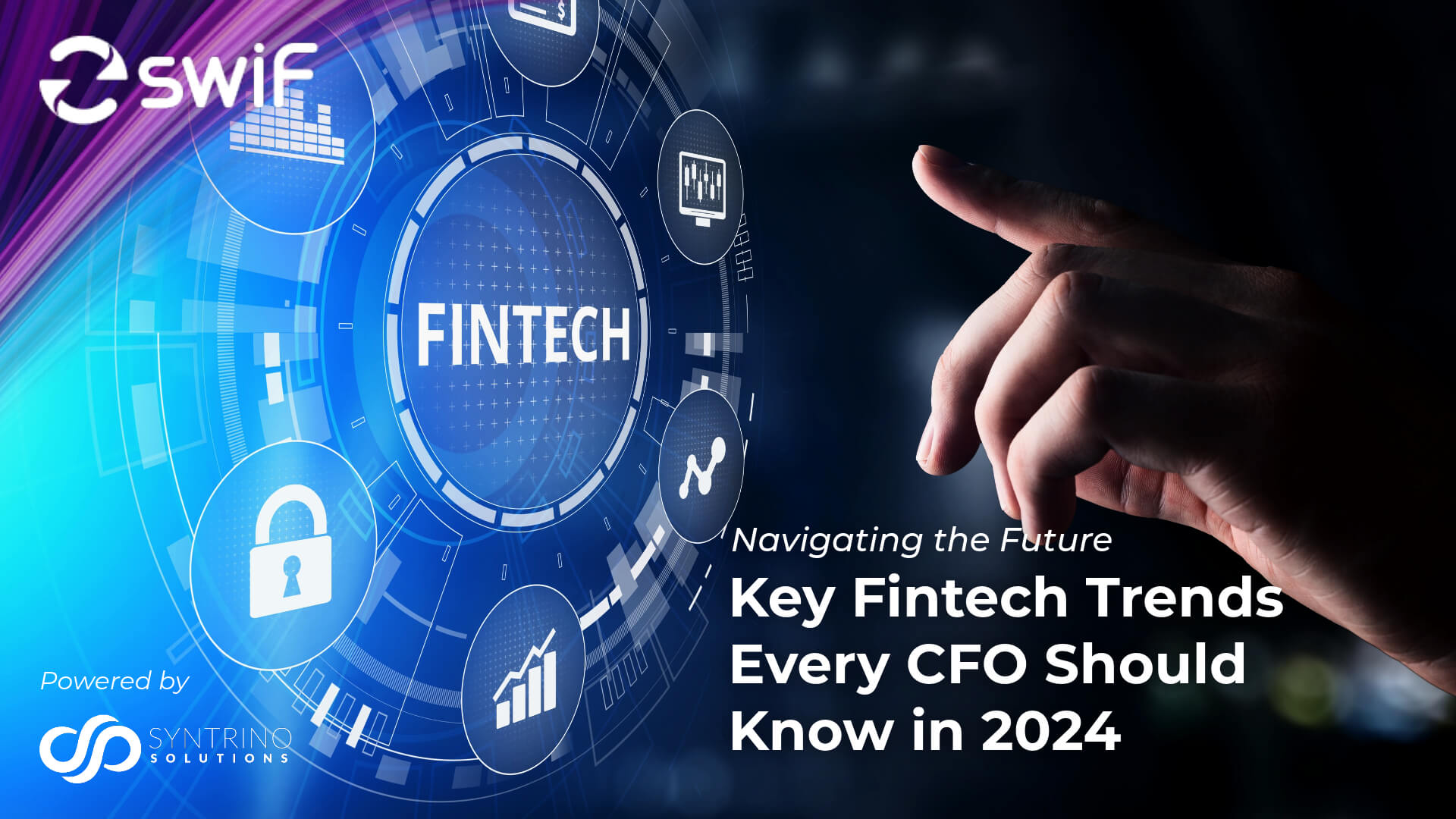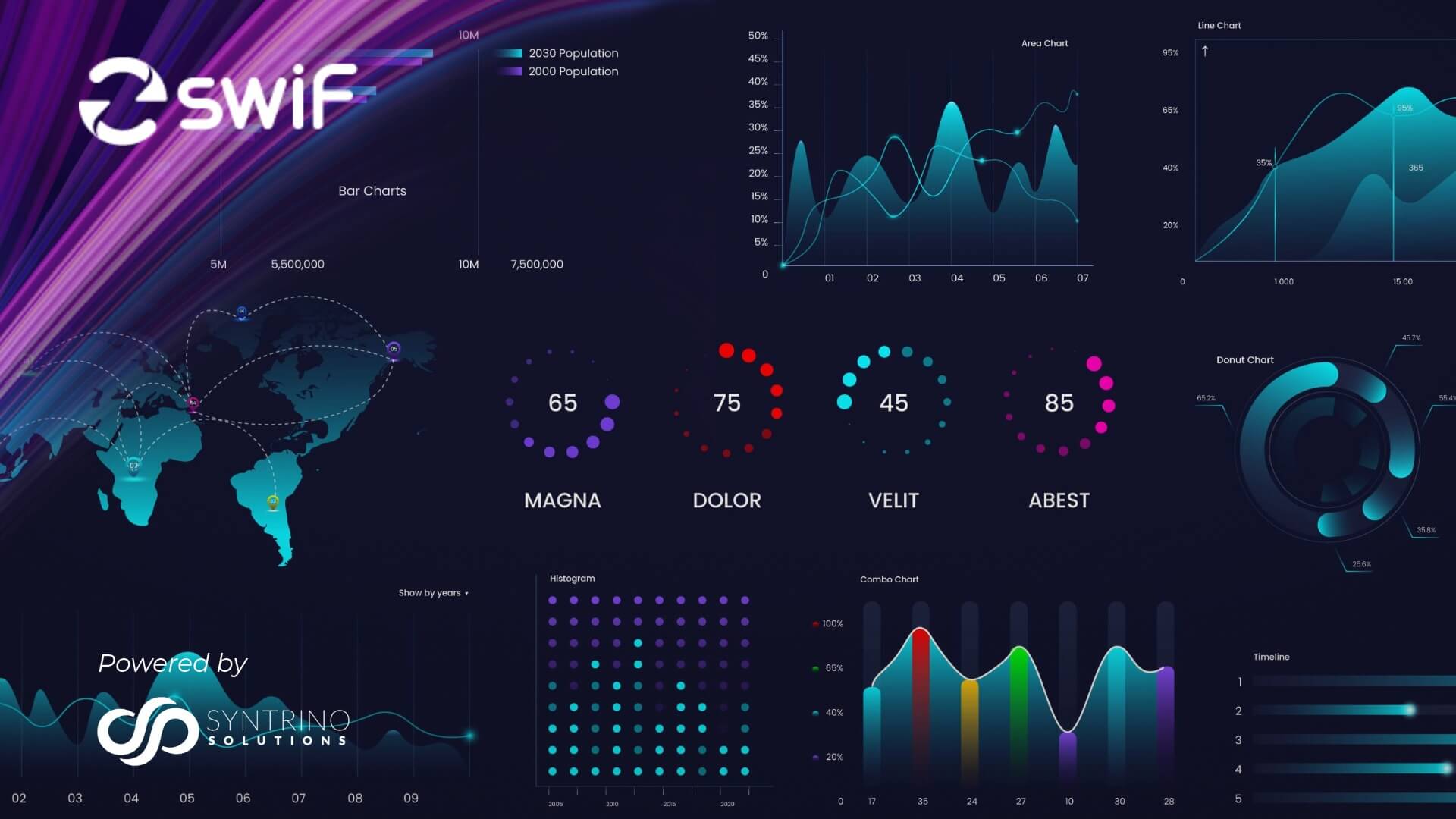Introduction to Fintech
Financial technology, or fintech, has emerged as a game-changer in the industry, revolutionising the way businesses and individuals manage their finances. As a Chief Financial Officer (CFO), it’s crucial to stay updated with the latest fintech trends to navigate your business successfully. In this article, we will explore the key fintech trends that every CFO should know in 2024 and how they can embrace these trends to drive growth and innovation.
Importance of Staying Updated with Fintech Trends
The financial industry is being reshaped by technology rapidly, and those who fail to adapt risk falling behind their competitors. By keeping abreast of the latest fintech developments, you can gain a competitive edge, improve operational efficiency, and drive strategic decision-making.
Furthermore, staying updated with fintech trends allows you to identify new opportunities for revenue growth and cost savings. Fintech innovations such as artificial intelligence, blockchain technology, robotic process automation, and biometric authentication have the potential to transform various aspects of financial operations. This means you can streamline processes, reduce manual errors, enhance security, and potentially deliver more value to your organisation.
Fintech Trends in 2024

Artificial Intelligence in Fintech
Artificial intelligence (AI) has already made significant inroads in the financial industry, and its impact is only expected to grow in 2024. AI-powered solutions allow you to automate repetitive tasks, improve decision-making, and enhance customer experiences. AI algorithms can analyse vast amounts of financial data in real-time, enabling you to gain valuable insights and make data-driven decisions.
Blockchain Technology in Fintech
Blockchain technology, most commonly associated with cryptocurrencies like Bitcoin, has the potential to revolutionise financial transactions and data management. Be open to exploring the use of blockchain for secure and transparent transactions, as well as for streamlining processes such as supply chain finance and cross-border payments. Blockchain can reduce the need for intermediaries, minimise fraud, and increase efficiency in financial operations.
Robotic Process Automation in Fintech
Robotic Process Automation (RPA) involves the use of software robots or “bots” to automate repetitive and rule-based tasks. RPA streamlines accounting processes, automates data entry, reconciles accounts, and generates financial reports. With RPA, you can improve accuracy and reduce errors, leading to more reliable financial information.
Biometric Authentication in Fintech
As cybersecurity threats continue to evolve, prioritising the security of financial data and transactions is crucial. Biometric authentication offers a more robust and secure alternative to traditional passwords and PINs. Biometric solutions such as fingerprint scanning, facial recognition, and voice authentication enhance security and prevent unauthorised access to financial systems. Biometric authentication can provide an additional layer of protection against identity theft, fraud, and data breaches.
Data Analytics and Predictive Modeling in Fintech
Data analytics and predictive modeling have become indispensable tools for CFOs in making informed financial decisions. By harnessing the power of big data, you can gain valuable insights about your customers’ behaviour, market trends, and financial risks. Advanced analytics techniques, such as machine learning and predictive modeling, can help you forecast future financial performance, identify growth opportunities, and mitigate potential risks. By leveraging data analytics, you can make proactive and strategic decisions that drive business growth.
Your Role in Embracing Fintech Trends
As the financial landscape evolves, CFOs like you play a critical role in driving the adoption of fintech trends within your organisation. Collaborating actively with other C-suite executives, IT departments, and fintech providers to identify and implement innovative solutions that align with your strategic goals matter. By championing fintech initiatives, you foster a culture of innovation, improve financial processes, and enhance the overall financial performance of your organisation.
Invest more in digital literacy and stay updated with emerging technologies and industry best practices to stay ahead of the fintech game. By understanding the potential of fintech trends, you can effectively evaluate and implement solutions that deliver tangible business outcomes. Embracing fintech trends requires a proactive mindset, a willingness to adapt, and the ability to navigate the risks and challenges associated with technological advancements.
Conclusion : Embracing the Future of Fintech as a CFO
In conclusion, the future of finance lies in embracing fintech trends. Have a better understanding of fintech trends like AI, blockchain, robotic automation, biometrics and data analytics in order to navigate the future successfully. This forward-thinking approach and technology adoption are vital for growth, efficiency, and value in financial operations, steering your organisation towards innovative success.
SwiF is Malaysia’s Leading-Edge B2B2C Fintech Solution.
Powered by Syntrino Solutions, Southeast Asia’s leader in supply chain management,
SwiF gives you access to a variety of payment methods for all your business transactions both online and offline including all major credit cards, online banking, micro-financing, and e-wallet.



















